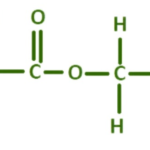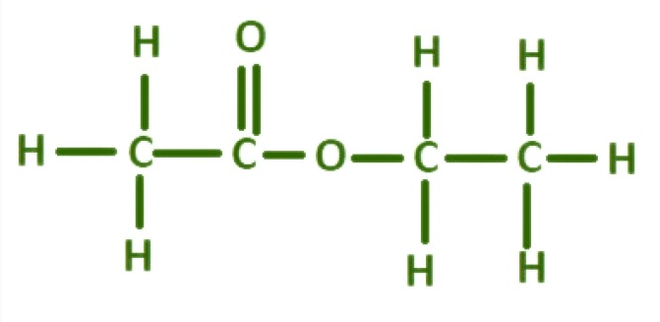Introduction
The volumetric flask holds a widely recognized position as a critical tool in laboratories across various scientific disciplines. Used for precise measurement and dilution of liquids, the volumetric flask plays a pivotal role in ensuring accuracy and reproducibility in experimental procedures.
Definition and Function
The volumetric flask is a glass container with a flat bottom, a long neck, and a precise volume graduation mark. Its primary function is to contain a specific volume of liquid to a high level of accuracy, typically to a tolerance of ±0.05 mL or better.
Construction and Design
Volumetric flasks are constructed from high-quality borosilicate glass, which is resistant to chemical attack and thermal shock. They feature a narrow neck and a single graduation mark near the neck’s opening, allowing for accurate measurement of liquid volumes.
Calibration and Accuracy
Volumetric flasks undergo rigorous calibration procedures to ensure their accuracy. The graduation mark indicates the exact volume of liquid the flask can hold when filled to the mark at a specified temperature, typically 20°C.
Also read this" Cyanova: Revolutionizing Sustainable Energy Solutions "
Conclusion
In the realm of laboratory science, the volumetric flask stands as an indispensable tool for accurate measurement and analysis. Its precision, reliability, and versatility make it a cornerstone of experimental procedures, ensuring the integrity and reproducibility of scientific results across diverse disciplines.
FAQs:
1. How Do I Use a Volumetric Flask?
To use a volumetric flask, first thoroughly clean and dry the flask. Then, carefully add the liquid to be measured until it reaches the graduation mark. Finally, stopper the flask and invert it several times to ensure thorough mixing.
2. How Should I Clean and Maintain a Volumetric Flask?
Clean volumetric flasks with a mild detergent and rinse them thoroughly with distilled water after each use. Avoid using abrasive materials that could scratch the glass. Store volumetric flasks in a clean, dry environment to prevent contamination.
3. Can I Heat a Volumetric Flask?
Volumetric flasks withstand moderate temperatures but should not undergo rapid or extreme temperature changes. Avoid heating volumetric flasks directly over an open flame, as this action can cause thermal shock and glass damage.
4. Are Volumetric Flasks Used in Specific Laboratory Applications?
Analytical chemistry, biochemistry, and pharmaceutical laboratories commonly use volumetric flasks to prepare standard solutions, perform dilutions, and make precise measurements of liquid volumes.










